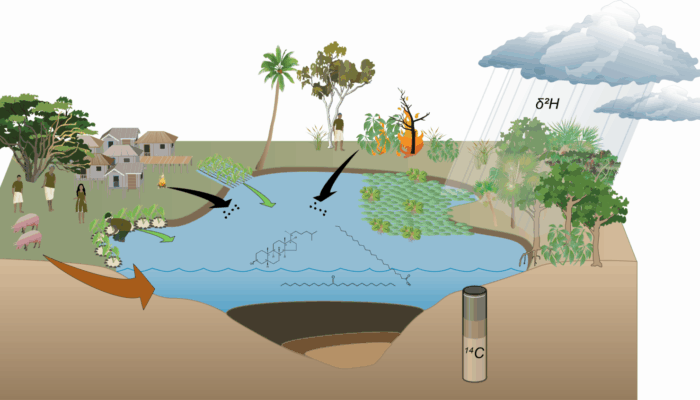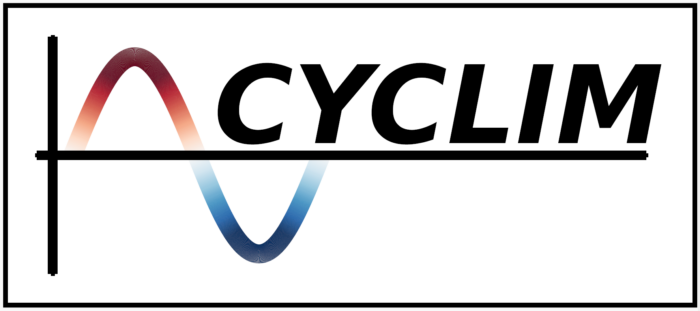As we try to predict what will happen under increasing anthropogenic climate change, climate models can only get us so far. Another key is understanding past changes in the Earth’s climate. To do this, palaeoclimatologists turn to natural archives (e.g., sediment cores and speleothems) and extract records of past variability using their properties, such as chemical or physical composition. H ...[Read More]
20 years of Climate of the Past: A journey through two decades of paleoclimate research
Twenty years ago, a small group of scientists set out to create a journal dedicated entirely to understanding Earth’s climate history. That journal, Climate of the Past (CP), was launched in 2005 as an international open-access journal of the European Geosciences Union (EGU), and over the past two decades it has become a cornerstone for the paleoclimate community. From geological eras to the last ...[Read More]
The rabbit and the tortoise – what does a glacial cycle need to be a glacial cycle?

The climate is not what it used to be and it will never be the same again. This is what the models say. Where does this knowledge come from? In short, we learn it from the clues that nature left on the planet since its formation. And it is precisely with these observations where our story begins. Since the beginnings of mountaineering, many visitors of the Alps and other mountain ranges have wonde ...[Read More]
Early farmers of the Pacific recorded in sediment cores from Vanuatu

The Pacific Ocean is a vast expanse that is punctuated by diverse islands and archipelagos. Some of these islands closer to Asia and the Australian landmass have been home to humans for tens of millennia. Others – spread across Micronesia, Melanesia, and Polynesia – make up Remote Oceania and were only settled by humans within the past few thousand years. Archeological investigations have provided ...[Read More]


